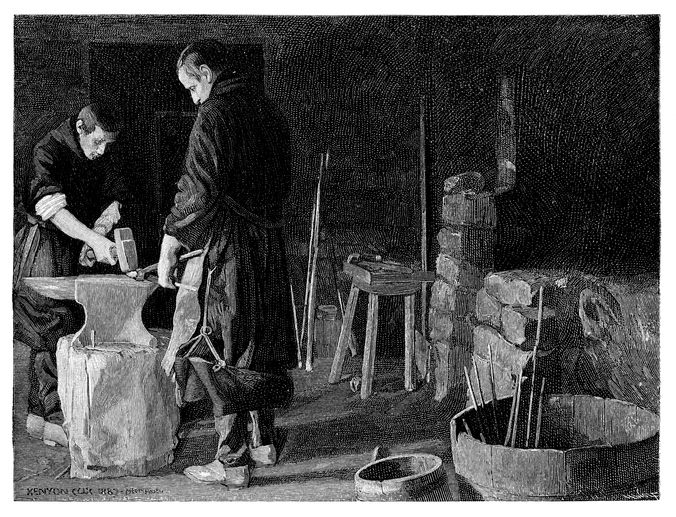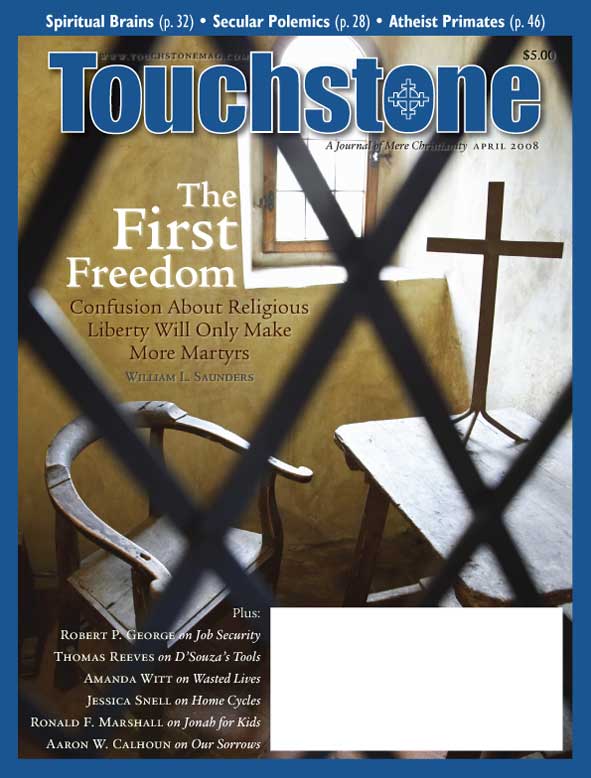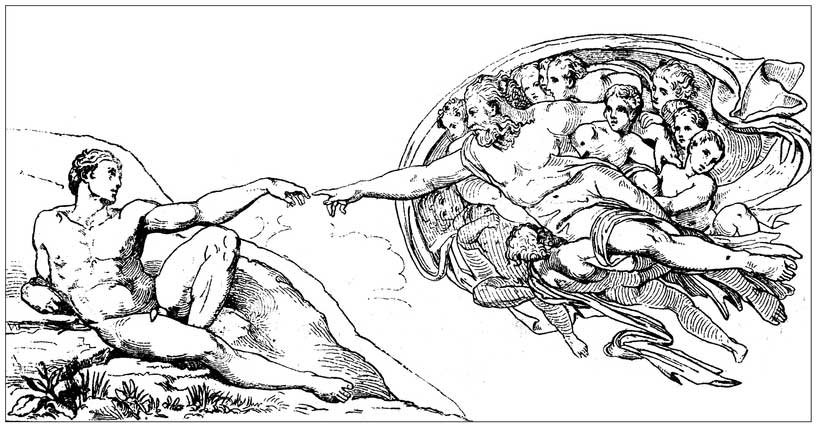View
Your Place in the Son
Robert P. George on How Vocation Guides Our Choices
When I was a boy, it was common for Catholics to reserve the word “vocation” to the calling of priests and nuns, those who would dedicate their lives to explicitly religious purposes. Sometimes this was connected to the error of “clericalism,” which in turn was often rooted in the belief that religion is the ultimate and overriding good that reduces the others to subordinate and instrumental status.
This is a mistake, and a serious one. Friendship with God is not the only true human good, and it does not render the others insignificant or reduce them to mere means to friendship with God.
Even a contemplative nun will wash her face and brush her teeth in the morning, and tell Mother Superior that she noticed water dripping onto the floor of the upstairs hallway and the roof might need repair, and pitch in with doing the dishes and the other chores that the sisters share in doing, and take a few minutes to send a birthday card to her niece in Rochester.
The human good is variegated: There are many distinct aspects of human well-being and fulfillment, many basic human goods. And that raises the question of vocation.
Integrating Choices
Inasmuch as these goods are reducible neither to one another nor to some deeper factor that is common to them all, they are in an important sense incommensurable. Friendship, knowledge, and religion, for example, are each an aspect of human well-being and, as such, provide a reason for acting whose intelligibility does not depend on any other reason to which it is subordinate or serves as a mere means.
We predicate goodness of them precisely because each, in its way, fulfills persons in a certain distinct dimension of their lives, and therefore each is capable of motivating us to act by appealing to what Aristotle called our “practical intellect”—that is, our rational grasp of what is humanly fulfilling. Each provides a reason for acting that is more than merely instrumental.
What then distinguishes morally upright from immoral choosing? Morality, it seems to me, is a matter of rectitude in willing. Its criterion is the conformity of our choices—our acts of will—with what is called the integral directiveness of the various basic forms of human good.
By this I mean that one should choose to do what is fully compatible with a will towards integral human fulfillment. Individual norms of morality, whether the more general sort (such as the Golden Rule or the Pauline Principle that one must never do what is in itself evil even for the sake of good consequences) or the more specific sort (such as the forbiddance of murder, rape, and theft), are entailments, or specifications, of this most fundamental moral principle.
If this is correct, many of our choices are not between morally right and morally wrong options, but between two or more morally legitimate options. The choice whether to read this essay, or to read something else, or to work out in the gym, or to socialize with friends, is a choice between several morally legitimate options.
Robert P. George is McCormick Professor of Jurisprudence and Director of the James Madison Program in American Ideals and Institutions at Princeton University (web.princeton.edu/sites/jmadison). His books include In Defense of Natural Law (Oxford University Press) and Conscience and Its Enemies (ISI Books). He has served as chairman of the U.S. Commission on International Religious Freedom. He is a senior editor of Touchstone.
subscription options
Order
Print/Online Subscription

Get six issues (one year) of Touchstone PLUS full online access including pdf downloads for only $39.95. That's only $3.34 per month!
Order
Online Only
Subscription

Get a one-year full-access subscription to the Touchstone online archives for only $19.95. That's only $1.66 per month!
bulk subscriptions
Order Touchstone subscriptions in bulk and save $10 per sub! Each subscription includes 6 issues of Touchstone plus full online access to touchstonemag.com—including archives, videos, and pdf downloads of recent issues for only $29.95 each! Great for churches or study groups.
Transactions will be processed on a secure server.
more from the online archives
calling all readers
Please Donate
"There are magazines worth reading but few worth saving . . . Touchstone is just such a magazine."
—Alice von Hildebrand
"Here we do not concede one square millimeter of territory to falsehood, folly, contemporary sentimentality, or fashion. We speak the truth, and let God be our judge. . . . Touchstone is the one committedly Christian conservative journal."
—Anthony Esolen, Touchstone senior editor










